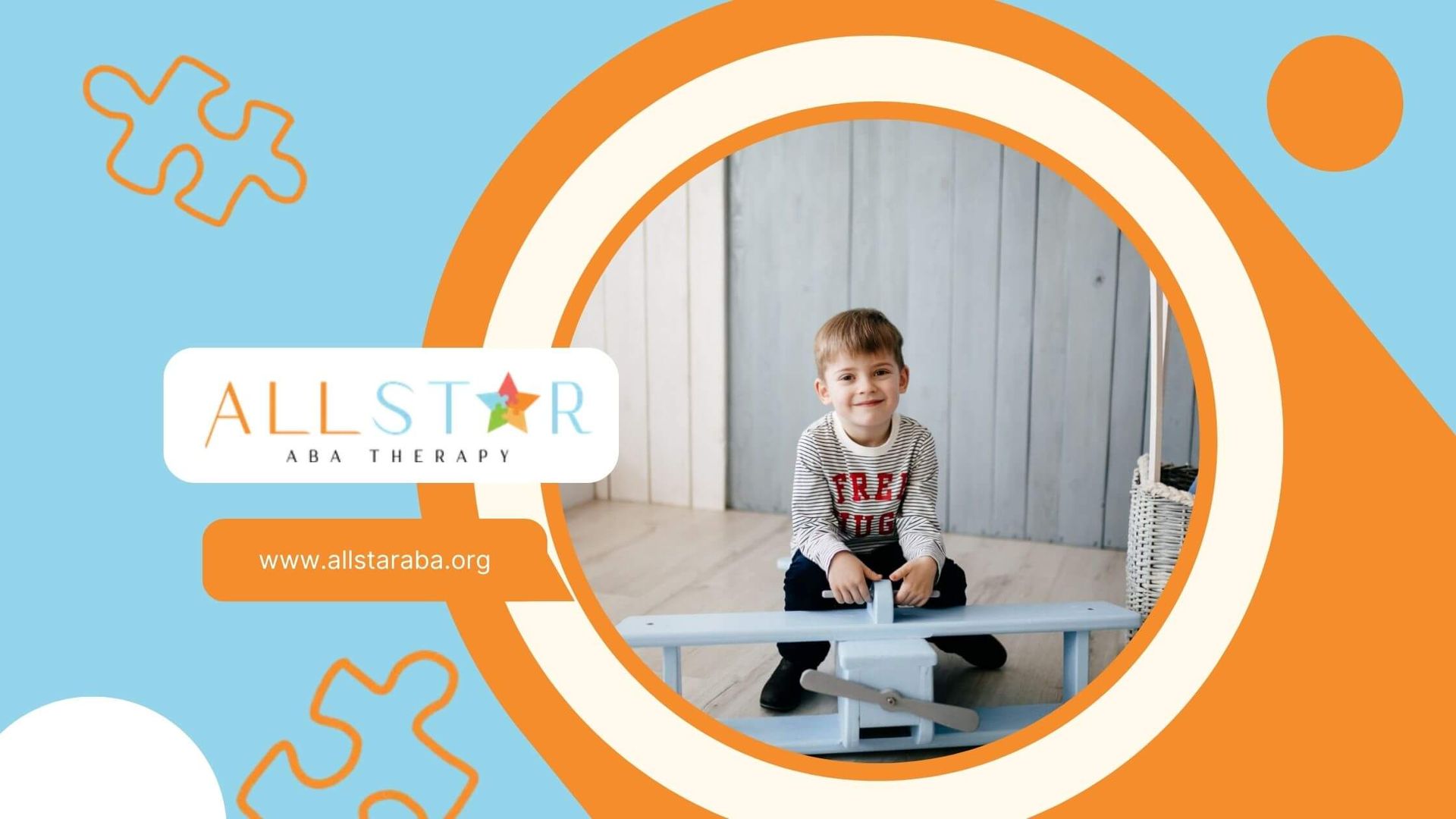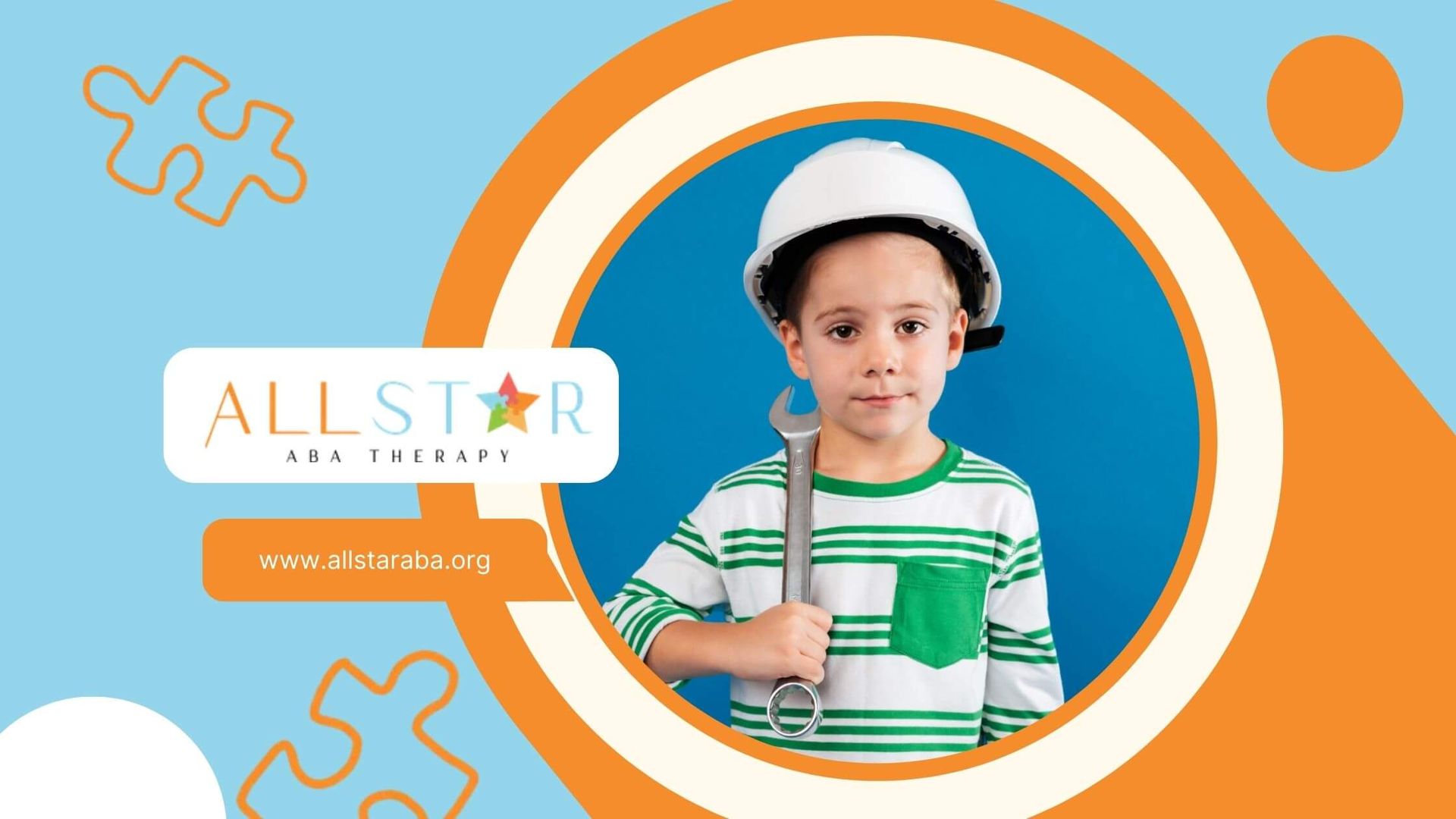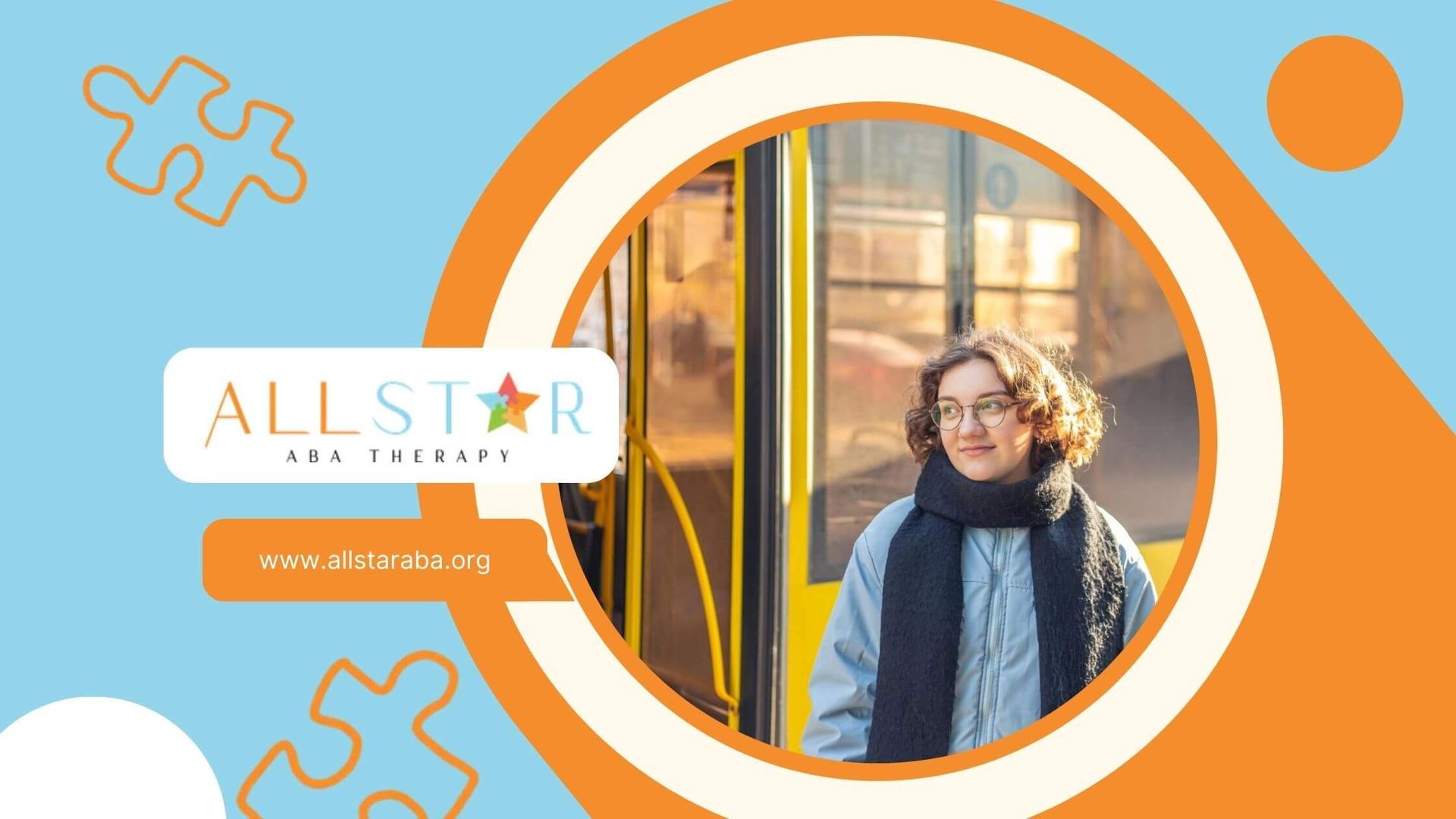New Paragraph
Long-Term Care: Will My Autistic Child Always Live with Me
Navigating the future for a child with autism spectrum disorder (ASD) often involves pondering questions about their long-term care and potential for independence. Many parents grapple with the possibility of lifelong dependency and the emotional preparation it requires. This blog aims to shed light on those concerns, offering insights and resources to help parents make informed decisions about their autistic child's future.
Understanding Autism and Lifelong Dependency
Autism is a spectrum disorder, meaning its presentation varies widely. Some individuals with ASD live independently as adults, while others require considerable support. The level of independence an autistic person can achieve depends on the severity of their symptoms, their individual strengths, and available support systems.
While some autistic adults lead fulfilling lives with minimal assistance, others face significant challenges that impact their ability to live alone, manage finances, or hold employment. Understanding this spectrum is crucial for parents, as it allows for realistic goal-setting and planning.
Key characteristics of autism affecting independence
Individuals on the autism spectrum may encounter a range of challenges that can affect their independence. Communication difficulties, for example, can make it hard to navigate social situations, interact with colleagues, or advocate for themselves. Sensory sensitivities might make certain environments, like bustling stores or crowded public transport, overwhelming and difficult to manage.
Difficulties with executive functioning can impact an individual's ability to plan, organize, and manage time effectively. This can affect activities like maintaining a household, keeping appointments, or holding down a job.
These challenges don't mean that independent living is impossible for autistic adults. It simply underscores the need for early intervention, specialized support, and tailored strategies to help individuals on the spectrum develop the skills necessary for navigating life on their own terms.
Common misconceptions about autism and dependency
A common misconception is that all individuals on the autism spectrum have an intellectual disability. In reality, autism exists independently of intellectual ability. Many autistic individuals are intellectually gifted, excelling in areas like mathematics, music, or technology. While some may face learning challenges, it's essential to avoid generalizations and recognize their unique strengths and capabilities.
Another misconception is that autistic individuals are incapable of forming meaningful relationships. While social interaction can be challenging for some, many autistic individuals form deep bonds with family, friends, and romantic partners. They experience the same range of emotions as the general population, even if their expression of those emotions differs.
By dispelling these misconceptions, we can foster greater understanding and acceptance of autistic individuals, enabling them to reach their full potential. This includes recognizing that independence, while looking different for everyone, is an achievable goal for many people on the autism spectrum.
Emotional Preparation for Long-term Care
Emotionally preparing for your autistic child's future involves accepting that their path may be different from what you initially envisioned. This requires open communication, flexibility, and a willingness to adjust expectations along the way.
It's crucial to prioritize your child's needs and aspirations, empowering them to have agency in their lives, even if it requires ongoing support. Remember, love and acceptance are the cornerstones of creating a fulfilling future for your child.
Managing expectations as a parent
As a parent of a child with autism spectrum disorder, it's essential to approach their development with a blend of hope and realism. Early intervention is crucial, providing a foundation for maximizing your child's potential. However, it's equally important to avoid comparing your child's progress with neurotypical peers or setting unrealistic expectations.
Instead, focus on celebrating small victories and appreciating their individual journey. Remember that progress may not always be linear, and setbacks are a normal part of growth. Seek out support groups or connect with other parents raising autistic children. Sharing experiences and insights can be invaluable in navigating the challenges and joys of parenting a child with ASD.
Above all, strive to create a loving and nurturing environment where your child feels safe, accepted, and empowered to pursue their passions. This will provide a solid foundation for their future, regardless of how their journey unfolds.
Preparing your child for future transitions
Preparing your child for life after high school graduation is crucial, regardless of their level of independence. If your child's educational goals include college or vocational training, start exploring options early. Connect with your child's school counselor and consider visiting potential programs to get a feel for the environment and available support services.
Alongside academics, focus on building practical life skills like cooking, cleaning, and managing finances. These skills will prove invaluable as they transition into adulthood, whether they're living independently or in a supported setting. Remember, mastering these skills takes time and practice, so start early and be patient.
Finally, prioritize fostering social skills and building a support network. Encourage participation in clubs, activities, or social groups that align with your child's interests. These experiences can help them develop friendships, improve communication skills, and build confidence in social situations.
Essential Skills for Independence
Promoting independence for your autistic child begins with fostering essential life skills that empower them to navigate daily tasks with confidence. This involves breaking down complex activities into smaller, manageable steps and providing visual aids or checklists to guide them through the process.
Start with basic self-care routines like dressing, grooming, and personal hygiene, gradually introducing more complex skills like meal preparation, laundry, and household chores.
Building communication skills
For many individuals on the autism spectrum, communication difficulties can present significant hurdles to independence. Early intervention with speech therapists and communication specialists is crucial for developing expressive and receptive language skills. This might include traditional speech therapy, as well as alternative communication methods such as sign language or visual support systems.
Beyond simply expressing wants and needs, help your child develop social communication skills. Teach them how to initiate and maintain conversations, take turns speaking, interpret nonverbal cues, and understand social norms. Role-playing common social situations can be helpful in building confidence and reducing anxiety around social interactions.
Remember, communication involves both conveying and comprehending information. Engage your child in activities that encourage active listening, such as reading stories together, playing board games, or simply having conversations about their interests.
Teaching self-care and daily living routines
Self-care and daily living skills are essential for independence. This includes personal hygiene tasks like brushing teeth, showering, and getting dressed, as well as household chores like making the bed, washing dishes, and doing laundry. Break down these tasks into smaller, more manageable steps and provide visual instructions or checklists to guide your child.
Creating consistent routines can be particularly beneficial for individuals with autism, providing structure and predictability. Establish a visual schedule for daily activities like morning routines, mealtimes, chores, and bedtime. Use timers to help your child develop a sense of time management and learn to complete tasks within a designated timeframe.
Remember that mastering these skills takes time and consistent effort. Celebrate small victories and focus on positive reinforcement to encourage your child's progress.
Legal and Financial Planning for Future Care
Planning for your autistic child's future inevitably involves navigating legal and financial complexities. Engaging with professionals specializing in special needs planning is essential to ensure your child's well-being beyond your care.
An attorney specializing in special needs trusts can guide you through establishing a financial structure that provides for your child's needs without jeopardizing their eligibility for government benefits.
Importance of legal guardianship and trusts
Legal guardianship and special needs trusts are essential tools in the long-term care planning for an individual with autism. A legal guardian is appointed by the court to make personal and/or financial decisions for an individual deemed incapable of doing so themselves. This becomes especially important as the autistic individual reaches adulthood, needing someone to advocate for their needs and make decisions in their best interest.
A special needs trust is a legal arrangement that allows a person with a disability, like autism, to receive financial benefits without jeopardizing their eligibility for government assistance programs. It allows a designated trustee to manage assets on behalf of the beneficiary, ensuring their needs are met while still allowing them to qualify for programs like SSI or Medicaid.
| Legal Guardianship | Special Needs Trust | |
|---|---|---|
| Purpose | Making personal and/or financial decisions | Managing assets for the beneficiary's needs |
| Who establishes it? | Court appointment | Parents, guardians, or court |
| Who manages it? | Appointed guardian | Designated trustee |
| Benefits | Ensures decisions are made in the individual's best interest | Protects assets, allowing eligibility for government benefits |
Understanding government aid and insurance
Navigating the landscape of government aid and insurance programs for individuals with autism can feel daunting. Familiarize yourself with available support through the Social Security Administration (SSA), particularly Supplemental Security Income (SSI) and Social Security Disability Insurance (SSDI). SSI provides financial assistance to individuals with limited income and resources, while SSDI offers benefits to those who've paid into Social Security through employment and are no longer able to work due to a disability.
Medicaid is another crucial program providing health care coverage to eligible individuals, including those with disabilities like autism. Understanding eligibility criteria and application procedures is vital for accessing these vital support services.
It's advisable to consult with a benefits specialist or disability advocate who can guide you through the process, ensuring your child receives the support they're entitled to.
Community and Social Support Systems
Fostering a sense of community and belonging is crucial for all individuals, but it holds particular importance for those with autism. Encouraging social interactions within the community not only combats potential isolation but also builds essential skills for navigating the world outside their immediate family circle.
Seek out community-based programs tailored to the needs and interests of autistic individuals, such as social skills groups, recreational activities, or volunteer opportunities. These settings provide safe and supportive spaces for interaction, building friendships, and fostering a sense of purpose.
Role of community in fostering autonomy
Building a strong community support system plays a crucial role in fostering autonomy for autistic individuals. Community support extends beyond the immediate family, encompassing friends, neighbors, mentors, and local organizations that champion inclusivity and understanding. Connecting with local autism advocacy groups can be a valuable resource for accessing services, sharing experiences, and finding a network of individuals who understand the unique challenges and joys of raising an autistic child.
Access to community-based programs, such as social skills groups or recreational activities tailored to neurodiverse individuals, can significantly enhance social confidence and independence. These environments provide opportunities to practice communication skills, learn social norms, and develop meaningful connections with peers, fostering a sense of belonging and acceptance.
Additionally, advocating for accommodations and support within your community, whether it's at schools, workplaces, or public spaces, can create a more inclusive and accessible environment for autistic individuals to thrive. By promoting understanding and acceptance, we empower autistic individuals to participate fully in community life, fostering a sense of belonging and contributing to a more inclusive society.
How social interactions enhance independence
While social interaction can be challenging for individuals with autism, nurturing their social skills is vital for fostering independence. Strong social skills empower them to navigate interpersonal relationships, communicate effectively, and advocate for themselves in various settings. Encourage participation in group activities, even if it starts with simply observing and gradually working towards active engagement.
Openly discuss the importance of empathy and understanding diverse perspectives, helping them grasp how their words and actions affect others. Practice active listening and encourage them to ask clarifying questions when interacting with others.
Building authentic social connections contributes to a sense of belonging and self-worth, creating a strong foundation for a fulfilling and independent life. Remember, even small steps in social development can lead to significant strides in overall independence.
Conclusion
In conclusion, prioritizing mental health is essential for overall well-being. By maintaining healthy habits, being mindful of what you consume, engaging in therapeutic activities, and cultivating a positive mindset, you can take proactive steps towards caring for your mental health. Remember, self-care is not selfish; it is a necessary investment in your long-term happiness and quality of life. Start today by incorporating these tips into your daily routine and make your mental health a top priority.
At Precious Care ABA, we understand that the future can feel uncertain for parents of children with autism, especially when thinking about long-term care. Our personalized ABA therapy services aim to empower your child with the skills they need for greater independence and success in adulthood. Whether it’s improving communication, social skills, or self-care routines, we work with families to build lasting skills that support your child’s growth. Contact Precious Care ABA today to explore how our tailored programs can help prepare your child for a fulfilling future.
Frequently Asked Questions
What age should I start preparing my child for independence?
Early intervention is key! Start incorporating social skills, self-care, and daily living skills into your child's routine as early as possible. As they approach high school, begin exploring vocational training options and gradually increase their responsibilities to foster independence.
Is it common for autistic individuals to live independently?
Some autistic adults live independently, while others need various support levels. Independent living depends on the individual's abilities, support systems, and appropriate housing options.
Are there any support services available to help families with long-term care arrangements for autistic individuals?
Yes, there are! Connect with local autism support groups, explore government aid programs like SSI and Medicaid, and consult with professionals about special needs trusts and available accommodations for caregivers.
Need Support?
We're Here to Help!
Our experienced team is ready to assist you. Reach out today to discuss how we can support your child's development and well-being.
Get started with expert ABA therapy today.








